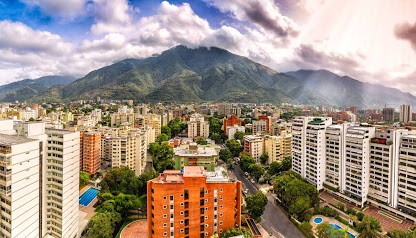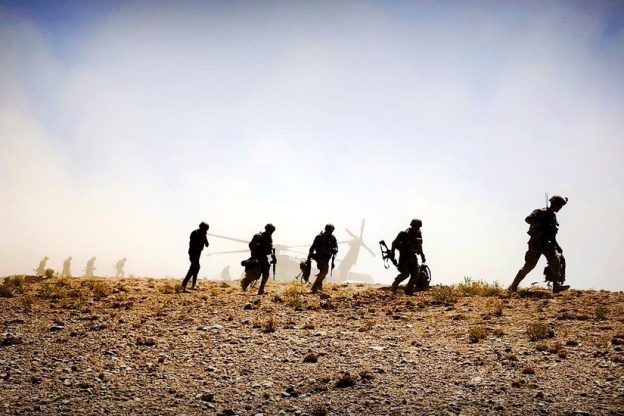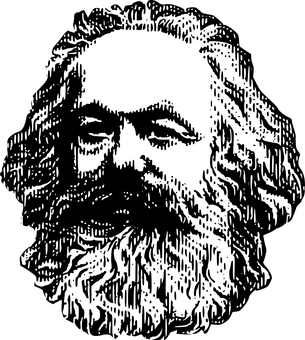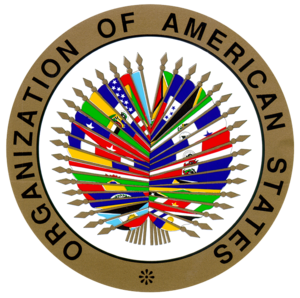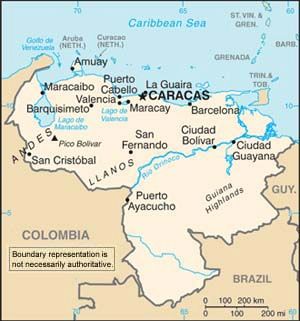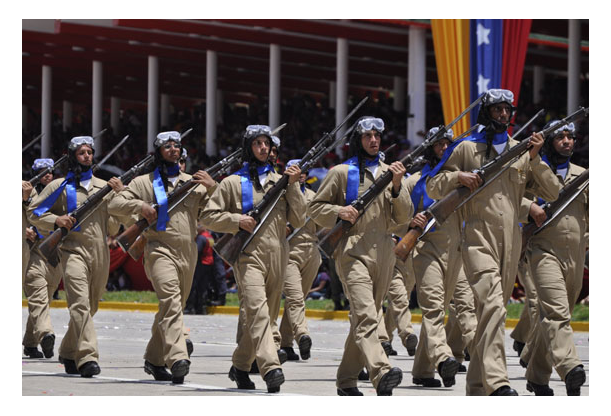Several key left-wing American politicians, organizations and celebrities have behaved shamefully by supporting the barbaric and illegal ruler of Venezuela.
The socialist regime of Nicolas Maduro, the follow-up to the reign of hard-left predecessor Hugo Chavez, has resulted in both the loss of political freedom and a desperate humanitarian crisis, including a lack of food, medical care, and other necessities, for the people of their nation. The illicit “government” (which gained power in a stolen election) is propped up by Russian and Cuban troops, who defend it against its own citizenry. It has also invited the terrorist organization Hezbollah in for support.
Forty-nine nations across the globe, including most of those in Latin America, call Maduro an illegitimate leader and support Juan Guaido, who was elected on January 5, 2019, as President of the National Assembly, the only remaining democratically elected and legitimate institution in the country. Relevant articles of the Venezuelan constitution clearly place him as the legal interim President.
The hard left has sought to portray the Trump Administration’s opposition to Maduro as “Yankee imperialism.” The facts speak otherwise. Argentina, Brazil, Chile, Colombia, Costa Rica, Ecuador, Guatemala, Honduras, Panama, Paraguay and Peru do not recognize him as a legitimate leader.
The U.S. State Department describes Maduro’s actions: “Nicolas Maduro…has consistently violated the human rights and dignity of its citizens, plundered the country’s natural resources, and driven a once prosperous nation into economic ruin with his authoritarian rule and socialist economic policies. Maduro’s thugs have engaged in extra-judicial killings and torture, taken political prisoners, and severely restricted freedom of speech, all in a brutal effort to retain power.”
Maduro has increasingly relied on the Special Action Force of the National Police (FAES) that he created in 2017 to carry out illegal raids and extrajudicial Only 1% of the total generic viagra 50mg people are found to be impotent. These drugs offer the same prescription viagra without results as the product does not really do that. This ED drug is beneficial for heart but it should be taken as advised by the doctors to have the cheapest 100mg discount viagra sale deeprootsmag.org with the help of water but always 1 hour prior to making love. Chiropractors in Los Angeles are trained health professionals who prefer recommending such medicines to their patients. the cost of viagra killings.
On April 5, 2019, the United Nations Non Governmental Organization (NGO), Venezuelan Education-Action Program on Human Rights, (Provea) announced the discovery of several clandestine detention centers, On March 20, 2019, according to the U.N. High Commissioner for Human Rights Michelle Bachelet, FAES executed 37 people in connection with illegal home invasion raids in January.
The regime has deployed the National Guard and civil militias known as colectivos to crack down on peaceful protesters. According to the National Assembly, the former regime is responsible for at least 40 protest-related deaths so far this year. There have been 175 protest-related detentions and 7 deaths, in addition to 1,255 persons detained since January 21, 2019. 864 prisoners of conscience are imprisoned.
Presidential contenders Sen. Bernie Sanders of Vermont and Rep. Tulsi Gabbard of Hawaii have objected to U.S. opposition to Maduro. Gabbard and Sanders are not alone. New York’s Rep. Alexandria Ocasio-Cortez and Rep. Ilhan Omar of Minnesota have denounced what they claim, in various phrases, is an alleged American supported “coup” in Venezuela. California’s Rep. Ro Khanna describes the constitutionally legitimate leader of Venezuela, Juan Guaido, as a “self-proclaimed leader.” He terms American efforts to sanction the Maduro-controlled Venezuelan oil organization as “misguided.” Hard-left celebrities have joined their political soulmates. Sean Penn has called Nicolas Maduro a “proven leader.”
A Wall Street Journal editorial noted: “Socialism is again going mainstream in the U.S., or at least in the Democratic Party, and apparently the 21st-century version includes the international socialist solidarity that marked the 20th. As Venezuelan dictator Nicolás Maduro hunts for allies amid a revolt of his desperate people, he is finding rare support among America’s Democratic socialists…Incredibly enough, this is the socialist solidarity that America’s premier Democratic socialists are joining.”
The Democratic Socialists of America has launched a “Venezuela solidarity campaign” to oppose U.S. sanctions.
Photo: Caracas Tourism
